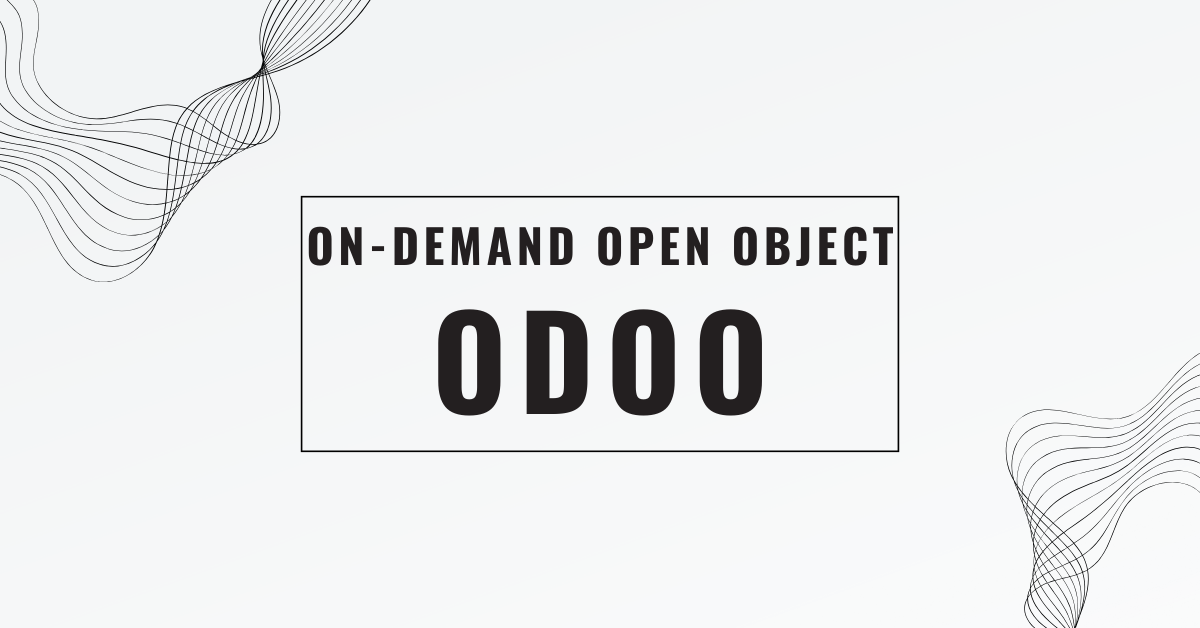How To Secure odoo?
Securing Odoo, an open-source ERP and business management platform, is paramount to protect sensitive business data, ensure the integrity of operations, and maintain the trust of users. One essential step is to keep the Odoo software updated by applying regular security patches and updates provided by the official channels. This ensures that any known vulnerabilities are addressed promptly, reducing the risk of exploitation by potential threats. Implementing strong and unique passwords for user accounts, especially those with administrative privileges, adds a layer of access security. Enabling Two-Factor Authentication (2FA) provides an additional level of protection, requiring users to authenticate their identity through a secondary method. Restricting access based on IP addresses helps control and limit access to trusted locations. Utilizing secure hosting environments, such as those with firewalls and intrusion detection systems (IDS), enhances overall system security. Regularly conducting security audits and vulnerability assessments helps identify and address potential weaknesses in the Odoo implementation. Additionally, educating the users and administrators on security best practices fosters a security-conscious culture within the organization. By adopting a holistic approach to security, businesses can fortify their Odoo implementation, ensuring a robust defense against potential threats and vulnerabilities.
Fortifying Business Integrity
Prioritize business safety with robust Odoo security measures
A Comprehensive Guide to Securing Odoo
In the realm of enterprise resource planning (ERP) and business management, Odoo has established itself as a versatile and powerful open-source platform. As businesses entrust Odoo with sensitive data and critical operations, securing this ERP system becomes paramount. This essay delves into the strategies and best practices for securing Odoo comprehensively, addressing aspects such as software updates, access controls, Two-Factor Authentication (2FA), IP restrictions, secure hosting, regular audits, and user education. Explore a vast array of Odoo services and extensions to enhance your business operations.
1. Keep Odoo Software Updated
Hire dedicated Odoo developers to create full-fledged Odoo ERP solutions. The cornerstone of Odoo security lies in keeping the software up-to-date. Regularly applying security patches and updates provided by the official channels is essential to addressing potential vulnerabilities. As the Odoo community actively works on enhancing the platform’s security, staying current with the latest releases ensures that businesses are equipped to fend off emerging threats. A proactive approach to software updates forms the first line of defense against potential exploits and vulnerabilities.
2. Implement Strong Passwords and Two-Factor Authentication (2FA)
Streamline processes and optimize performance with carefully selected Odoo extensions. Access controls are critical components of Odoo security. Implementing strong, unique passwords for user accounts, especially those with administrative privileges, adds an essential layer of defense. Passwords should be complex, incorporating a mix of uppercase and lowercase letters, numbers, and symbols. Enhancing access security further, Two-Factor Authentication (2FA) requires users to verify their identity through a secondary method, such as a mobile device, significantly reducing the risk of unauthorized access even if login credentials are compromised.
3. Restrict Access Based on IP Addresses
Fine-tuning access controls by restricting Odoo access based on IP addresses provides an additional layer of security. This approach ensures that only designated and trusted locations can access the Odoo system, reducing the potential surface area for unauthorized entry. By configuring IP restrictions, businesses can fortify their Odoo implementation against external threats attempting to exploit vulnerabilities.
4. Secure Hosting Environment with Firewalls and Intrusion Detection Systems (IDS)
Odoo hosting ensures seamless accessibility to your business management platform. Choosing a secure hosting environment is paramount in securing Odoo. Opting for hosting providers equipped with robust security features, such as firewalls and Intrusion Detection Systems (IDS), fortifies the overall security posture. Firewalls monitor and control network traffic, while IDS proactively identifies and responds to suspicious activities. Together, they create a fortified hosting environment that acts as a barrier against potential threats seeking to compromise the Odoo system.
5. Regularly Conduct Security Audits and Vulnerability Assessments
Proactive measures, such as regular security audits and vulnerability assessments, play a pivotal role in maintaining a robust Odoo security framework. Security audits involve a comprehensive review of the Odoo infrastructure, configurations, and codebase to identify potential weaknesses. Concurrently, vulnerability assessments aim to discover and rectify potential vulnerabilities that could be exploited by attackers. Regular engagement in these practices ensures that the Odoo system remains resilient against evolving security threats. Enhance your system’s security and performance with expert Odoo erp services.
6. Educate Users on Security Best Practices
A well-informed user base is a critical asset in the quest for Odoo security. Educating users and administrators on security best practices contributes to a security-conscious culture within the organization. From recognizing phishing attempts to following secure connection protocols, an educated user base serves as an additional line of defense against potential threats. Continuous training and awareness programs ensure that everyone involved in Odoo operations remains vigilant and aligned with the principles of maintaining a secure digital environment.
Conclusion
Securing Odoo is a multifaceted endeavor that demands a comprehensive and proactive approach. By adhering to best practices such as keeping the software updated, implementing robust access controls, utilizing Two-Factor Authentication, restricting access based on IP addresses, ensuring a secure hosting environment, conducting regular security audits, and educating users, businesses can fortify their Odoo implementation against potential threats and vulnerabilities. As the backbone of critical business operations, Odoo’s security is not just a technical consideration; it’s an integral component of preserving the trust of users, safeguarding sensitive data, and ensuring the overall integrity of the enterprise resource planning system. In the evolving landscape of digital security, a well-secured Odoo system is a testament to a business’s commitment to fortifying its digital fortress and navigating the complexities of the modern business landscape securely. go-to destination for hiring top-tier Odoo developers who excel in crafting tailored solutions for your unique business needs.

